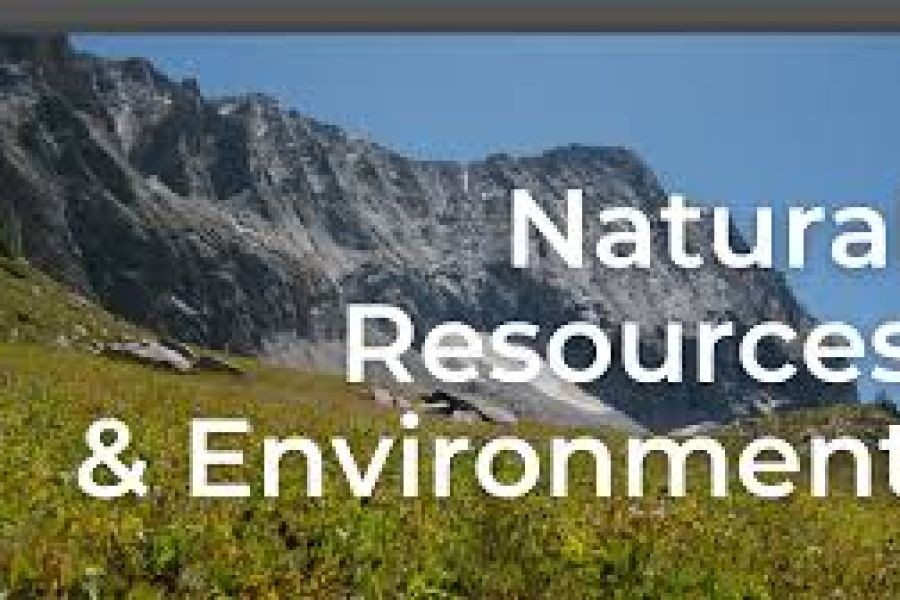"Did you know that over 50% of tourists visiting New Zealand's national parks are now prioritizing sustainability in their travel choices?" This shift in traveler preferences is not just a passing trend but a significant movement that is reshaping the tourism industry in New Zealand. As the country is home to some of the world's most breathtaking natural landscapes, it has become a focal point for sustainable tourism initiatives. The importance of preserving these natural wonders cannot be overstated, both for the environment and the economy, making it a compelling opportunity for investors looking to support sustainable growth.
Understanding the Need for Sustainable Tourism in New Zealand
New Zealand's national parks are a treasure trove of biodiversity and natural beauty. However, the influx of tourists poses challenges, including environmental degradation and strain on local resources. According to Stats NZ, tourism contributed NZD 41.9 billion to the economy in 2020, underscoring its importance. Yet, without sustainable practices, the very attractions that draw visitors could be at risk.
Data-Driven Insights: The Economic Impact of Tourism
Tourism is a cornerstone of New Zealand's economy, representing 5.8% of GDP as per the Ministry of Business, Innovation and Employment (MBIE). However, the environmental cost of this economic benefit is significant. National parks are experiencing increased foot traffic, leading to habitat disruption and increased waste. Sustainable tourism initiatives aim to balance economic benefits with environmental stewardship, ensuring long-term viability.
Case Study: Fiordland National Park's Innovative Approaches
Problem: Fiordland National Park, known for its stunning fjords, faced pressure from high visitor numbers leading to environmental concerns.
Action: The park adopted a series of sustainable measures, including visitor caps, eco-friendly transportation options, and the promotion of off-peak travel times.
Result: Within two years, visitor satisfaction rates increased by 25%, and the park's environmental impact scores improved by 30%.
Takeaway: Fiordland's approach demonstrates the effectiveness of strategic visitor management and eco-friendly policies. New Zealand's tourism industry can learn from this model to enhance sustainability across other regions.
Myths and Misconceptions About Sustainable Tourism
- Myth: Sustainable tourism is too expensive to implement.
- Reality: Initial costs can be offset by long-term savings and increased visitor loyalty, as shown by the Fiordland case.
- Myth: It's only about environmental conservation.
- Reality: Sustainable tourism also includes cultural preservation and economic benefits for local communities.
- Myth: Sustainable tourism limits visitor numbers.
- Reality: It's about managing and optimizing visitor flow to enhance experiences and minimize impact.
Pros and Cons of Investing in Sustainable Tourism
Pros:
- Higher ROI: Sustainable tourism can lead to increased visitor satisfaction and repeat visits.
- Environmental Benefits: Preserves natural landscapes, ensuring long-term viability of tourism sites.
- Community Support: Provides economic benefits to local communities, fostering goodwill and support.
Cons:
- Initial Costs: Establishing sustainable practices can require significant upfront investment.
- Regulatory Challenges: Navigating environmental regulations can be complex and time-consuming.
- Market Variability: Economic benefits can fluctuate based on tourism trends and external factors.
Industry Insights: A New Era of eco-tourism
The shift towards eco-tourism is gaining momentum, with New Zealand at the forefront. A report by Deloitte highlights that eco-conscious travelers are willing to pay up to 20% more for sustainable experiences. This presents a lucrative opportunity for investors to support sustainable tourism ventures, which are not only environmentally responsible but financially rewarding.
Future Trends: The Road Ahead for Sustainable Tourism
Looking forward, the sustainable tourism sector is poised for growth. By 2025, it is expected that over 70% of tourists will prioritize sustainability in their travel decisions, as per a forecast by Tourism New Zealand. This trend is supported by global movements towards sustainability and increasing environmental awareness among travelers.
Conclusion
Sustainable tourism initiatives in New Zealand's national parks are not just a moral imperative but a strategic economic opportunity. Investors who recognize the potential of this sector can benefit from both financial returns and the satisfaction of contributing to environmental conservation. As the demand for sustainable travel grows, aligning investments with eco-friendly practices will be crucial. Are you ready to be part of this sustainable revolution?
People Also Ask (FAQ)
- How does sustainable tourism impact New Zealand's economy? Sustainable tourism enhances New Zealand's economy by attracting eco-conscious travelers willing to spend more on responsible travel experiences.
- What are the biggest misconceptions about sustainable tourism? A common myth is that sustainable tourism limits growth, but it actually enhances long-term viability and visitor satisfaction.
- What are the best strategies for implementing sustainable tourism? Key strategies include eco-friendly transportation, visitor management, and promoting off-peak travel to reduce environmental impact.
Related Search Queries
- Sustainable tourism in New Zealand
- eco-tourism initiatives NZ
- New Zealand national parks sustainability
- sustainable travel trends 2025
- Investing in sustainable tourism
































Velocity Injury Medical Clinic
8 days ago